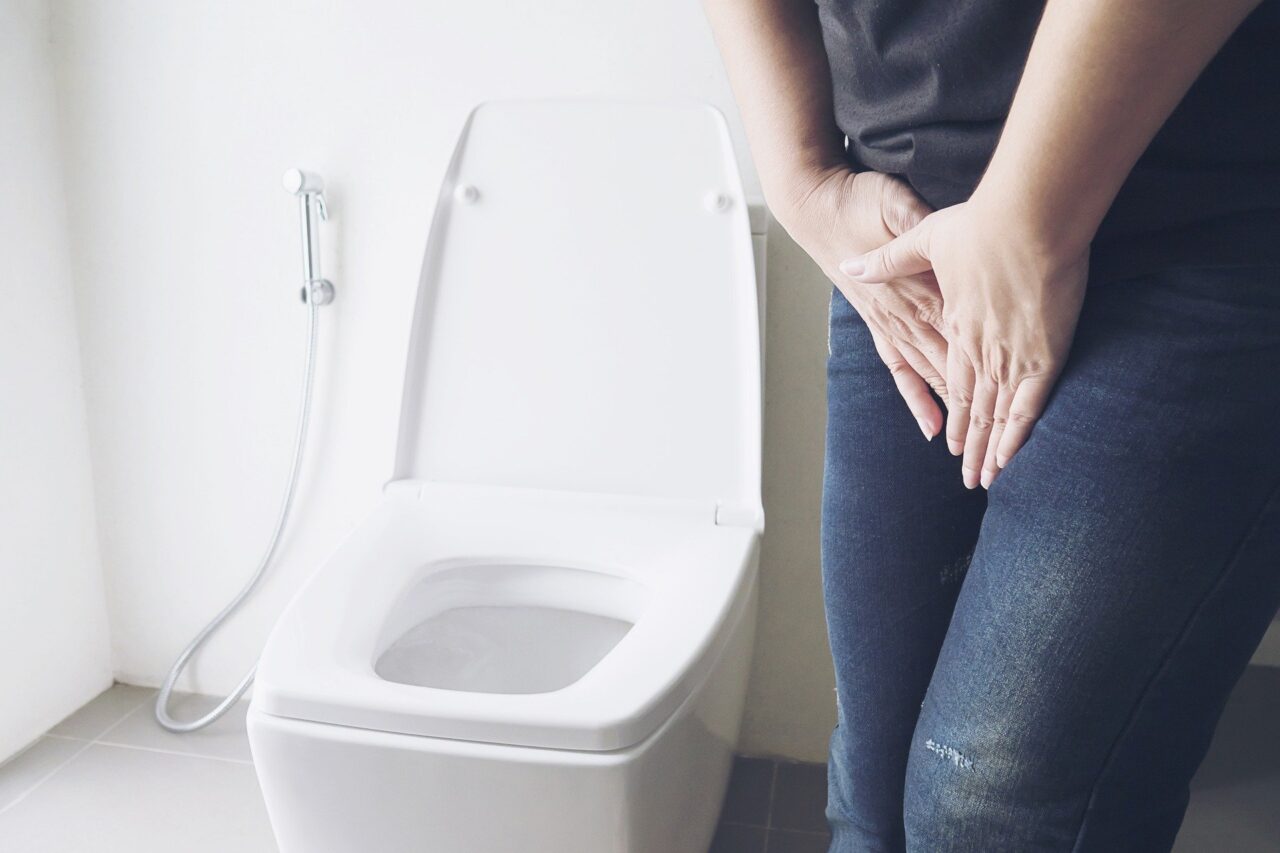The brain, bladder, and pelvic floor are a system that need to work in harmony together. An issue with any of those regions in the system will affect the others regions and can lead to bladder dysfunction. Dysfunction may appear as: leaking before you make it to the toilet (urge incontinence), leaking during activity or impact (stress incontinence), leaking without knowing why, urinary frequency, peeing multiple times at night, pain with peeing, UTIs, interstitial cystitis etc. As pelvic physical therapists at Mend, we often get asked by patients what they can be doing to prevent dysfunction and optimize their bladder function. Here are 5 things to do to keep your brain, bladder, and pelvic floor a well functioning system:
1. Drink Water!
The first and most obvious advice you’ll hear for bladder health. But how much is enough? We recommend at least half of your body weight in ounces. 180 pounds? Drink 90 ounces per day. Our bodies really like to eliminate concentrated urine, so the less water you drink, the more your bladder may actually be active to eliminate it. Drinking enough water will keep urine diluted and your bladder less active.
2. Don’t Pee on Your First Urge!
Our bladders send a signal to our brain with the first urge to urinate when our bladders are only one-third full. Your bladder can still handle two-thirds more liquid before reaching its max capacity.Therefore, if you urinate on that first urge, and make it a habit of doing so, you are retraining your brain to think that one-third full must be full. This can lead to increased urinary urgency and increased urinary frequency. See if instead, you can hold off on urinating until after the first and subsequent urges and urinate only when you acknowledge a truly full bladder.
3. Eliminate ‘Just in Case’ Peeing!
A ‘just in case’ pee refers to peeing when you don’t have to but think you should. For example, “let me pee before I go to the grocery store”, “I’m going to pee before I drive home from work”, “I woke up in the middle of the night and might as well just try to pee now”, etc. In a similar idea as tip #2, these ‘just in case’ pees throw off your brain-bladder connection and train your brain to create a more sensitive bladder. This ‘just in case’ peeing can lead to increased urinary frequency and urgency.
4. Don’t Do Kegel’s on the Toilet!
It is outdated advice to practice a Kegel by stopping your urine stream. This could potentially be harmful for your urethra and bladder as this could lead to urine traveling back up your urethra. But more than that, this is the opposite of what your pelvic floor needs to do to allow for your bladder to fully empty. When peeing, we need our pelvic floor muscles to RELAX in order to allow our bladder to fully empty. If you Kegel while peeing, you are contracting and no longer relaxing your pelvic floor. This could lead to incomplete emptying of your bladder and can lead to pelvic floor muscle dysfunction as you are overriding the natural function of these muscles.
5. Breath to Relax Your Pelvic Floor Daily!
As we mentioned in tip #4, our pelvic floor muscles need to relax to optimize bladder emptying. In a world crazed by Kegel’s, not many of us practice, or even know how to, relax our pelvic floor muscles. Practice taking an inhale and expanding the breath low and deep to inflate your belly and expand down through your pelvic floor. As you exhale your belly will empty. Focus on seeing if you can feel your pelvic floor muscles relax and expand on that inhale. Practicing some breathing with this focus, daily, will help ensure optimal function of your pelvic floor muscles needed to keep your bladder happy.
Schedule an appointment with a pelvic health specialist at Mend in Boulder or Lafayette to address or prevent any bladder dysfunctions.

